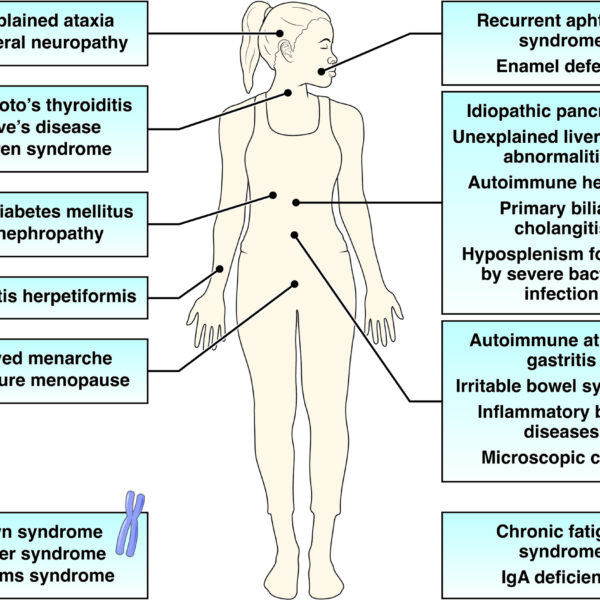
Celiac disease: Who should be tested
If you’ve been diagnosed with a condition related to celiac disease or have other risk factors, does that mean you should be tested for celiac disease?
Brought to you by the American Gastroenterological Association

If you’ve been diagnosed with a condition related to celiac disease or have other risk factors, does that mean you should be tested for celiac disease?
Intuitive Eating© focuses on listening to how foods make you feel physically and emotionally, rather following a diet based on rules and restrictions.
Working with a GI-expert dietitian can help you better understand your condition and how food and nutrition impacts your health.
Exclusive enteral nutrition, or EEN, is a low risk and safe therapy that can help improve symptoms of Crohn’s disease.
Consuming a wide variety of foods with fiber is important for gut health in patients with inflammatory bowel disease, or IBD.
Health At Every Size, or HAES, is a weight-neutral approach to health, independent of weight that can help you achieve health and well-being.
Diet tips to help reduce symptoms during Crohn’s disease or ulcerative colitis flares or active disease.
Also called the non-diet approach, this approach focuses on finding alternatives besides restrictive diets to help with GI symptoms.
Fructose intolerance happens when your body cannot absorb fructose from what you eat or drink.

Celiac disease is when a person can’t eat gluten. Some symptoms are gas, stomach bloating and pain, diarrhea and constipation.
4930 Del Ray Avenue
Bethesda, MD 20814
301-654-2055
This website uses cookies so that we can provide you with the best user experience possible. Cookie information is stored in your browser and performs functions such as recognising you when you return to our website and helping our team to understand which sections of the website you find most interesting and useful.
Strictly Necessary Cookie should be enabled at all times so that we can save your preferences for cookie settings.
If you disable this cookie, we will not be able to save your preferences. This means that every time you visit this website you will need to enable or disable cookies again.
This website uses Google Analytics to collect anonymous information such as the number of visitors to the site, and the most popular pages.
Keeping this cookie enabled helps us to improve our website.
Please enable Strictly Necessary Cookies first so that we can save your preferences!